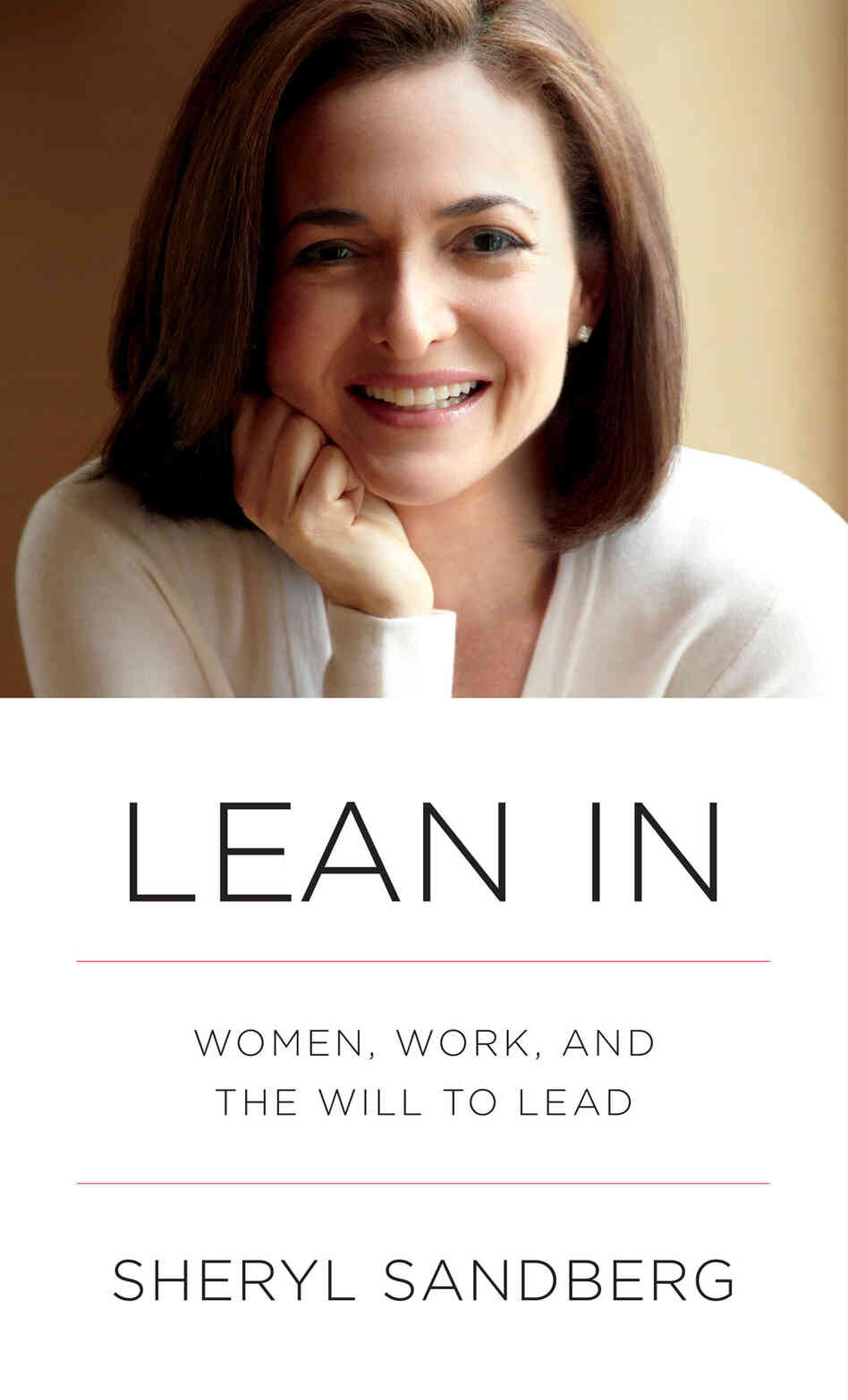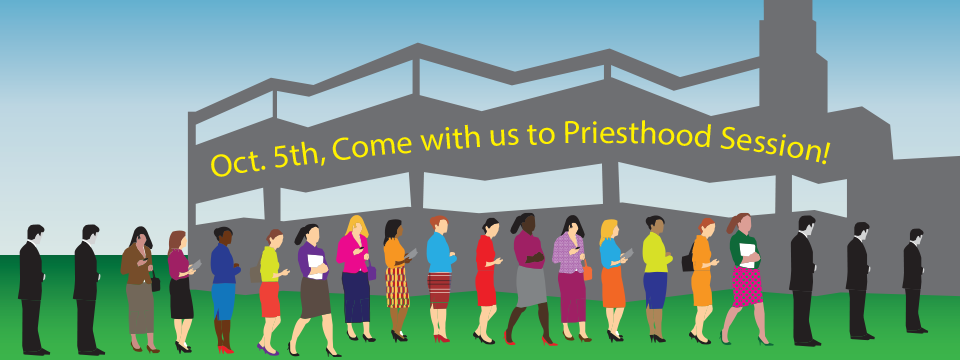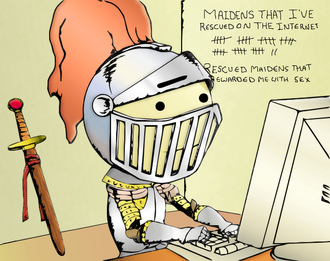Bossypants by Tina Fey - The reason why I love this book is because it is how one woman has taken feminism and interpreted it in her daily life. I think lots of women can relate to her experiences of learning about being a woman in this patriarchal world and how feminism fits into things for her personally. Of course, this is not intersectional feminism - Tina has a lot of white, heterosexual, cis, etc. privilege, and she does not address that. But a lot of feminists are in the same position (like myself), and that doesn't make any of the issues she's dealing with less important. Though it does mean that you, as a reader, should probably be aware of the lack of intersectionality while reading it.

How to Be a Woman by Caitlin Moran - Similar to Bossypants, this book/memoir is another personal interpretation of feminism. It is not deep feminism or even the bottom line of feminism. But it does do a good job of showing everyday sexisms and how one woman interprets the events around her. I think for both books we can learn that it's okay for feminists to make mistakes and not be perfectly feminist-y; that standing up against sexism isn't always clearcut and can be very difficult; and that many events in our lives are actually subtle sexism. I also loved the way Caitlin treated childbirth in this book.
I've also written about Bossypants and How to Be a Woman here.
Founding Mothers by Cokie Roberts - So this book is pure history. And sometimes that can be kind of dry and hard to get through. But also, the lives of these women are FASCINATING. As feminists, it is important that we try to rewrite history with the women included. As it is right now, history is dominated by male figures, and the women are completely ignored. But women existed! We can't just assume that they were all gossiping and sewing, completely ignorant to what was going on outside of the sphere of the home. This book shows that women played an important part in founding the country, from Eliza Lucas who single-handedly made indigo a cash crop in the South to Mercy Warren who greatly inspired the rebellion against England through plays and poetry. Without women, we wouldn't have this country, even if they weren't always on the battlefront. We need to remember that.
Click: When We Knew We Were Feminists edited by Courtney E. Martin and J. Courtney Sullivan -
This book is a collection of essays by different feminists describing the moment when feminism "clicked" for them. Men and women from all different kinds of backgrounds discuss the parts of their lives that lead them to embracing the label of "feminism." They discuss what they do and don't like about the feminist movement as a whole. They explore what being a woman means to them, the female figures in their lives, and their personal stake within feminism. I think it's a great read because sometimes emerging feminists can get anxiety over the fact that their origins in feminism were for selfish reasons. We don't always think about rape victims or child brides in developing countries. We generally start out with rejecting the sexism that immediately affects us. And that's okay. I do think it is important to have a kind of selfish stake in feminism, as well as being aware that it extends beyond you to all the other women in the world.
Lean In by Sheryl Sandberg - This book has been pretty famous this year. Sheryl Sandberg is currently the COO of Facebook, which is HUGE. I absolutely love Facebook, by the way. But she's also an awesome person because she's helping to shatter the glass ceiling in the tech industry, as well as by being high-up administrator. Lean In discusses the reason why women now outnumber men in terms of college graduates, but still are not CEOs or very high up in business hierarchies. What I liked about this book is that it discussed societal issues, but also had some practical solutions for women (and men) to do. It made me feel very empowered, especially since I had just started my new job when I read it. Again, this book has been criticized for being "white" feminism. Most women in this country aren't even in a position to take Sandberg's advice of Leaning In. I guess I'm technically not either since I'm in an entry-level position. But I would absolutely recommend it for any working woman.
Summer is over! Looking back at these books, I've realized that they are all pretty ... white. Click is the only exception, but even then I believe it was dominated by white women with a few great chapters by women of color.
I do have a good reason for this, though! I was actually halfway through Saving Fish from Drowning by Amy Tan (see! Not just white women) when I got distracted by the Game of Thrones books. Can you really blame me for getting sucked into those???
Next time I do a feminist reading stint, I'll make sure to include more women of color.
_-_200px.jpeg/200px-Bossypants_Cover_(Tina_Fey)_-_200px.jpeg)


















.jpeg)




